What Does a Water Softener Do
Here we share our what does a water softener do guide including what is, how it works, cost, installation fee, how to know if you need one.
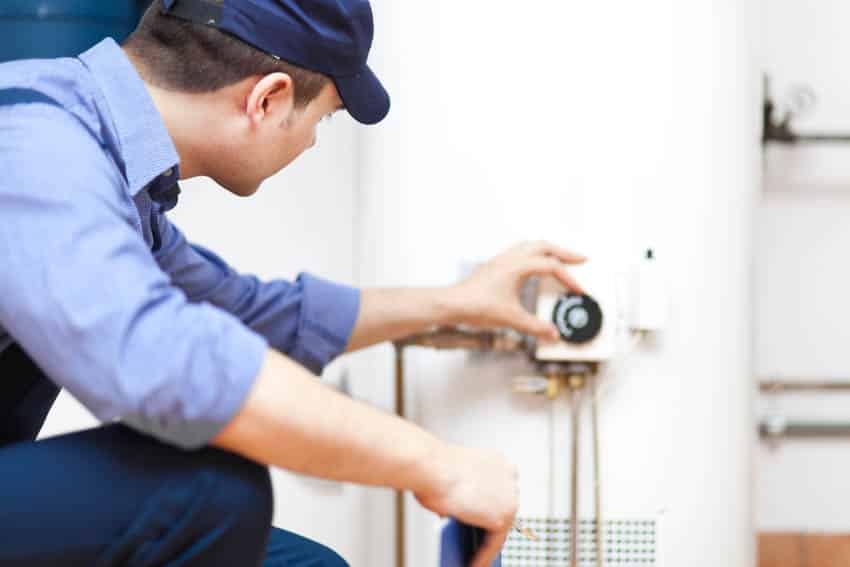 Do you know what a water softener is or how it works? If not, don’t worry. In this blog post, we are going to give you the answers to your questions and show you why having one in your home can be so beneficial! Let’s get started. [toc]
Do you know what a water softener is or how it works? If not, don’t worry. In this blog post, we are going to give you the answers to your questions and show you why having one in your home can be so beneficial! Let’s get started. [toc]
What Is A Water Softener?
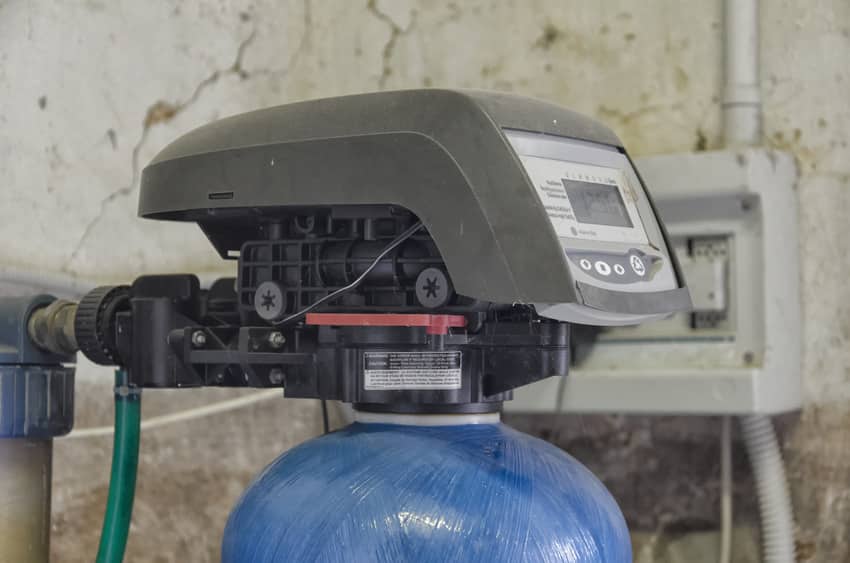
Once these high concentrations of hard water minerals such as calcium and magnesium are removed, you’re left with softened water which has been purified and doesn’t have all those harmful deposits on surfaces throughout the house anymore.
How Does A Water Softener Work?
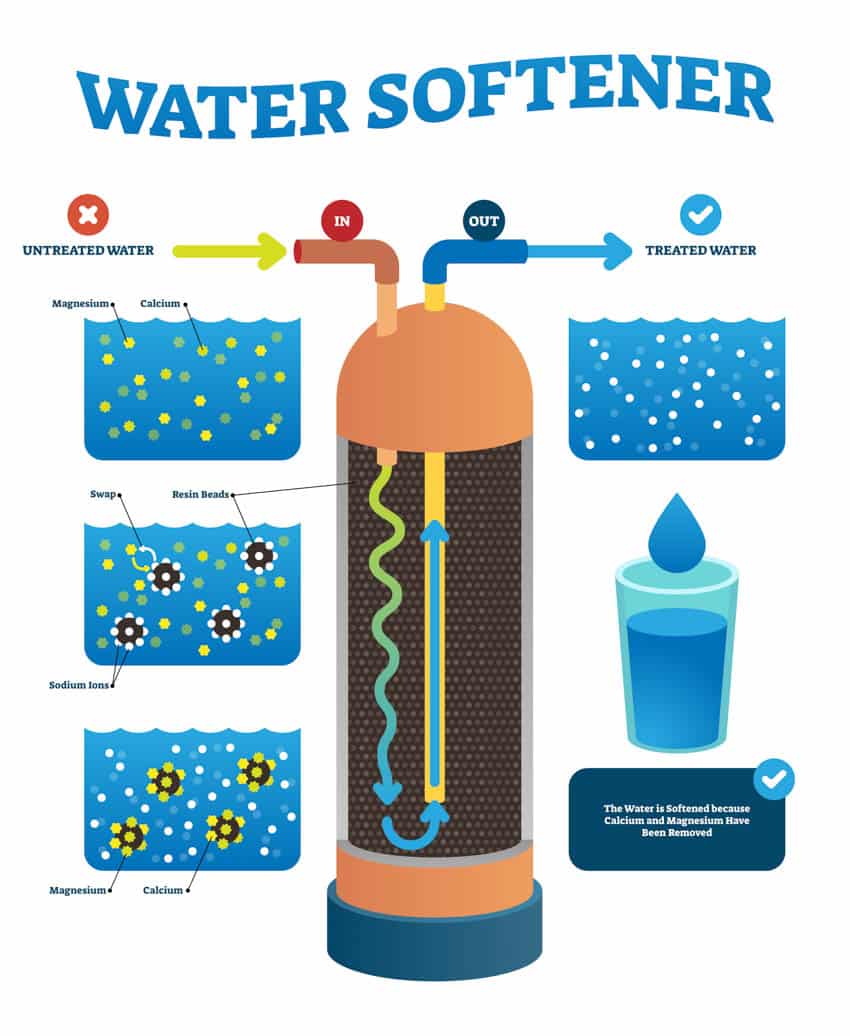
As this hard water is pumped through the water softening system, it passes through a filter filled with spherical resin beads. The resin beads are polystyrene made and are negatively charged with a sodium ion, called “anions”.
Since opposite charges attract, these positive charge resin beads attract the negative charge minerals as the hard water passes through the resin. It then removes any calcium or magnesium from the hard tap water.
The water softener draws off unwanted particles via the column of metal resin beads using an ion exchange process; wherein the bead grab holds of the mineral ion, and then sodium ion is released, so as not to leave behind anything but clean drinking/cooking water.
These resin beads are exceptionally durable, and they efficiently soften the water for twenty years or longer. The resin beads are recharged by regeneration; during this process, water, and salt (positively charged) flows up the fill tube and into the softener tank and a rinse cycle commences.
The salty water flushes through the resin beads, thus washing off the hardness minerals and draining them out of the system. Then the system mechanically goes back to softening the incoming water.
This regeneration process requires you to add salt pellets or potassium chloride pellets in the brine tank from time to time depending on how much water you use since this process slowly melts away the salt or potassium chloride pellets. Read more about our guide on the different types of water softeners here.
Water Softener System Cost
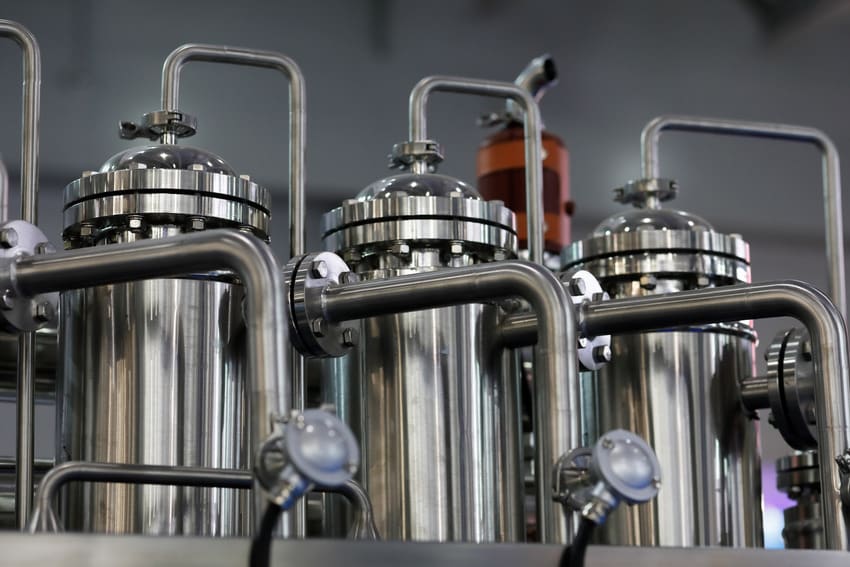
Before installing one, it is best to bring a water sample to a certified water-testing laboratory which would cost about $90 to receive a full detailed analysis of other substances in your water including nitrates, chlorine, sodium, and dangerous bacteria and not just about minerals.
Another option is to buy an in-home water test kit ($12 to $25) at a home-improvement store; it is more affordable, but it is also much less comprehensive.
Installing a water softener vary in cost depending on the size and make of the softener; approximately, a typical system would cost between $2,000 and $2,500 including installation. Read more about our guide on the pros and cons of water softeners here.
Water Softener Installation Cost
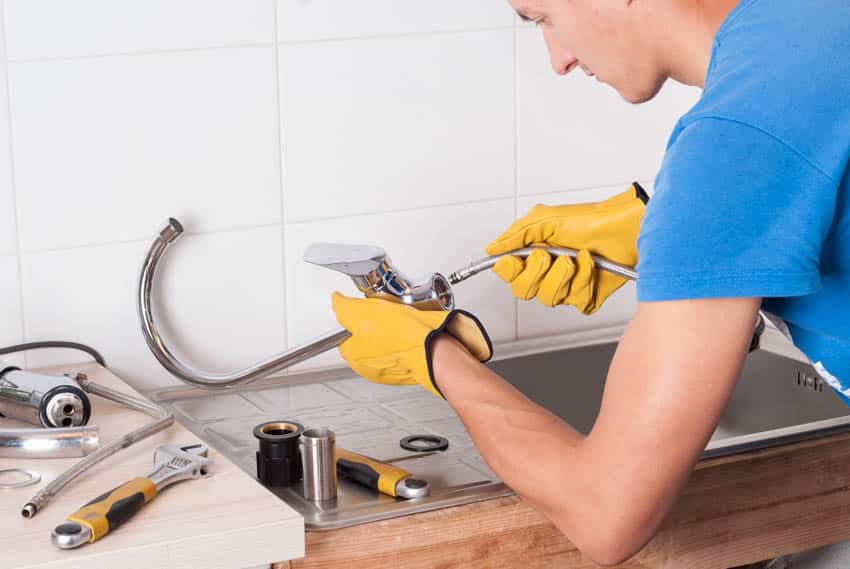
Do-It-Yourself installation can run as low as $500. Regardless of the type, labor costs $150 to $600 or goes much expensive for multifaceted installs.
To install a water softener that runs anywhere, the labor costs from $100 to $1,000 or more, depending on the type to be used, complexity in the assembly of pipes, and ease of access.
A simple under-counter unit installation might only take 30 minutes and cost $100. While installing a water softener that runs through the whole house system that requires new pipes and fittings into a constrained utility closet might cost close to $2,000.
Different Types of Water Softener System and Cost
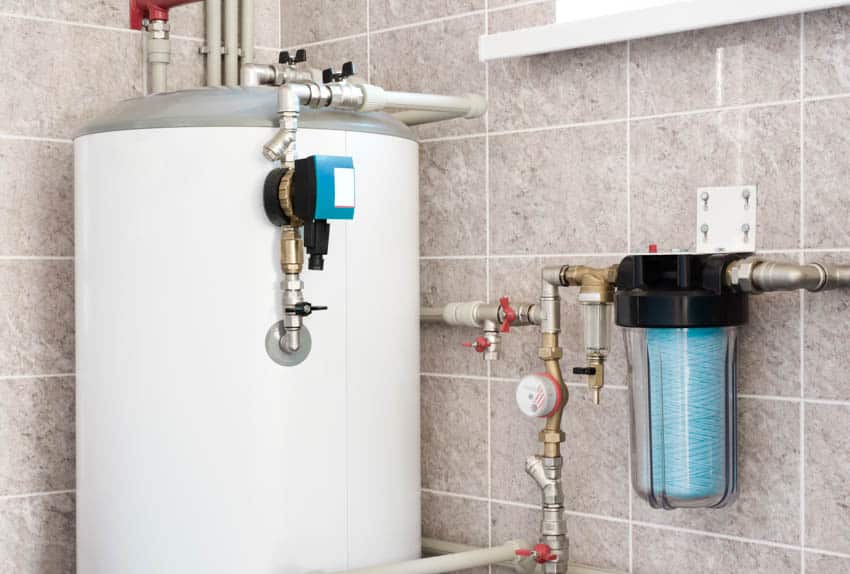
Ion Exchanger – this is the most common type of water softener system, it uses salt and an exchange medium to remove hard minerals from the incoming hard water. Installation costs $500 to $2,000.
Salt-Free Potassium Water Softener – this type uses potassium and works by neutralizing the ions and preventing them from building up as they flow through your plumbing; it doesn’t remove the calcium and magnesium.
This is best used in septic tanks and homes with people who are on low-sodium diets. This type has a slightly higher up-front cost and higher operational cost – Salt-free water softeners cost $800 to $4,000 to install. Read more about our guide on the pros and cons of salt-fee water softeners here.
Well Water Softener System – Well water softener system costs between $500 to $1,500. Installation of this type requires a professional well test.
Magnetic/Electronic Softener – this is a plug-in device that attaches to your existing pipes which costs $200 to $600 to install.
Water Distiller – this type of water softener work by creating water vapor at near-boiling temperatures, which separates the water from heavy metals and hard minerals. This is only suitable for creating drinking water. These water distillation systems cost $150 to $900 to install.
How Do I Know If I Need A Water Softener?
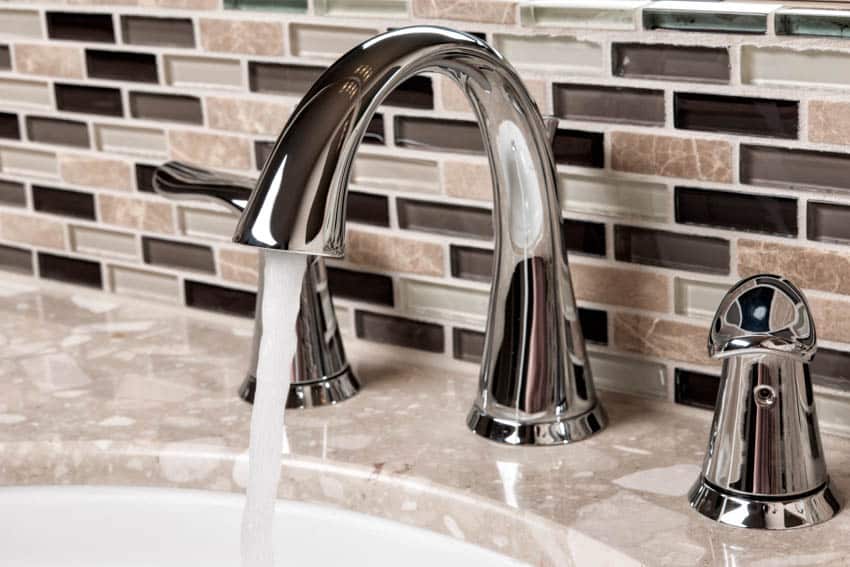
But don’t worry- there is an easy way to find out whether you might want this type of appliance installed before too long: check your pipes and other fixtures for scale build-up buildup over time.
Calcium and magnesium easily bond with other types of metals and becomes hardened mineral deposits. If these white flakes show up on surfaces like taps and showers after use, this is because these deposits accumulate, clog, and even corrode pipes and causes major plumbing problems.
It can also build up in boilers and hot water heaters, making them less efficient and more expensive to use. Also, notice the soap scum building up in your sink or on shower walls, it will also show on stiff clothing after laundry washing or when your experience dullness in your hair after showering and dry, irritated skin.
When you see these things happening, then that’s definitely something worth exploring further with professionals who handle such installations. See more related content at our article about the different bathroom remodel ideas on this page.

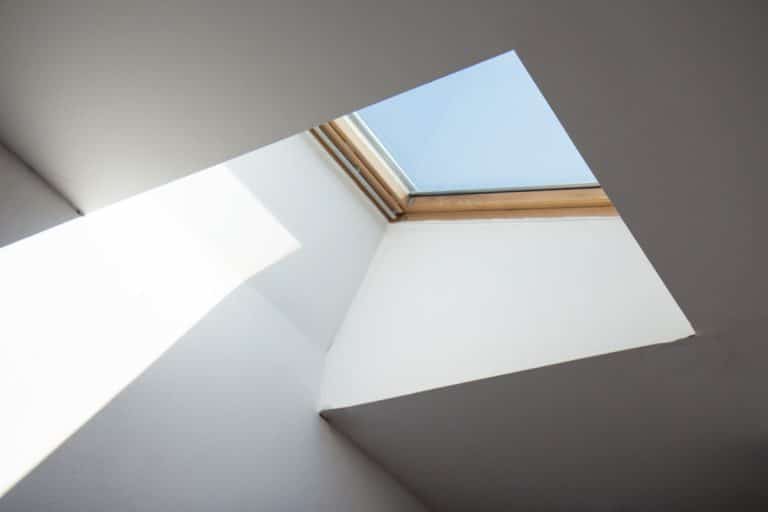
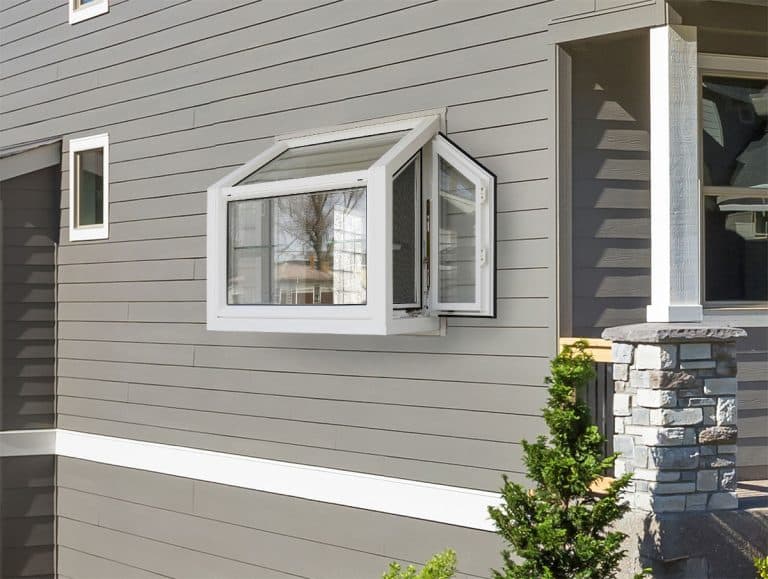
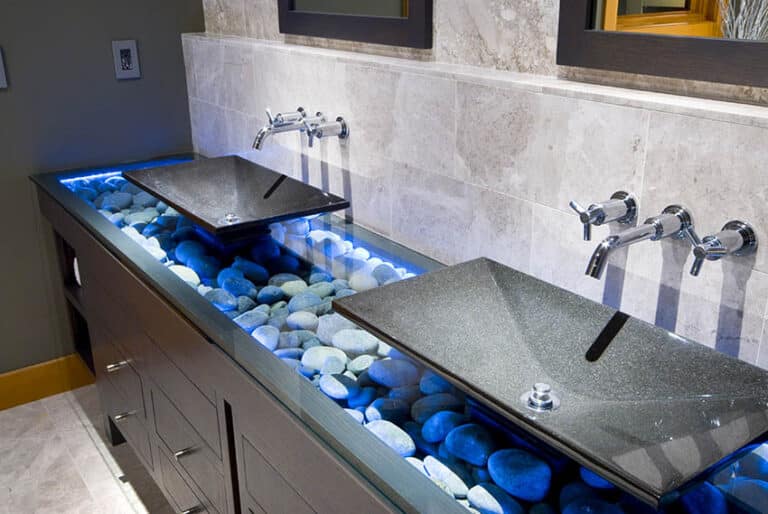
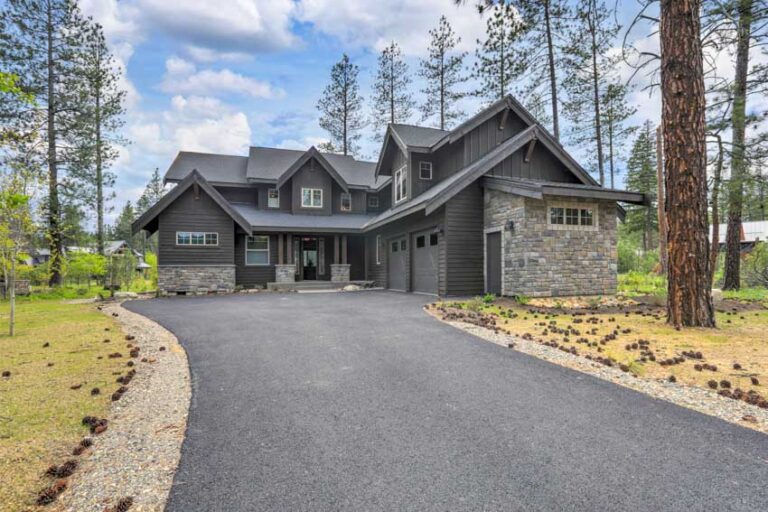
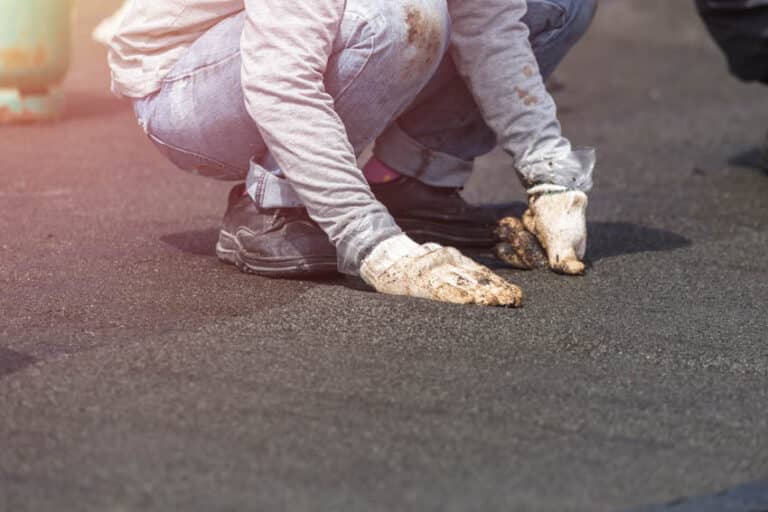
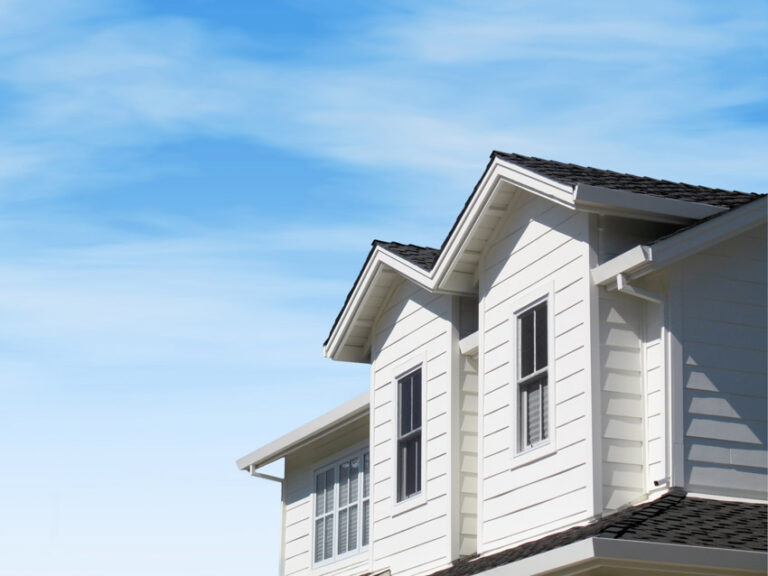
I’ve been struggling whether to get a water softener for my home until my close friend at work told me about its benefits. I researched about how to choose one and I found out that I need to multiply how many people are staying in the house by the amount of water we consume every day. From there, I can determine the grains that need to be removed from our water each day. Since we’re just a small family of four, it seems we can use a conventional water softener for our needs.